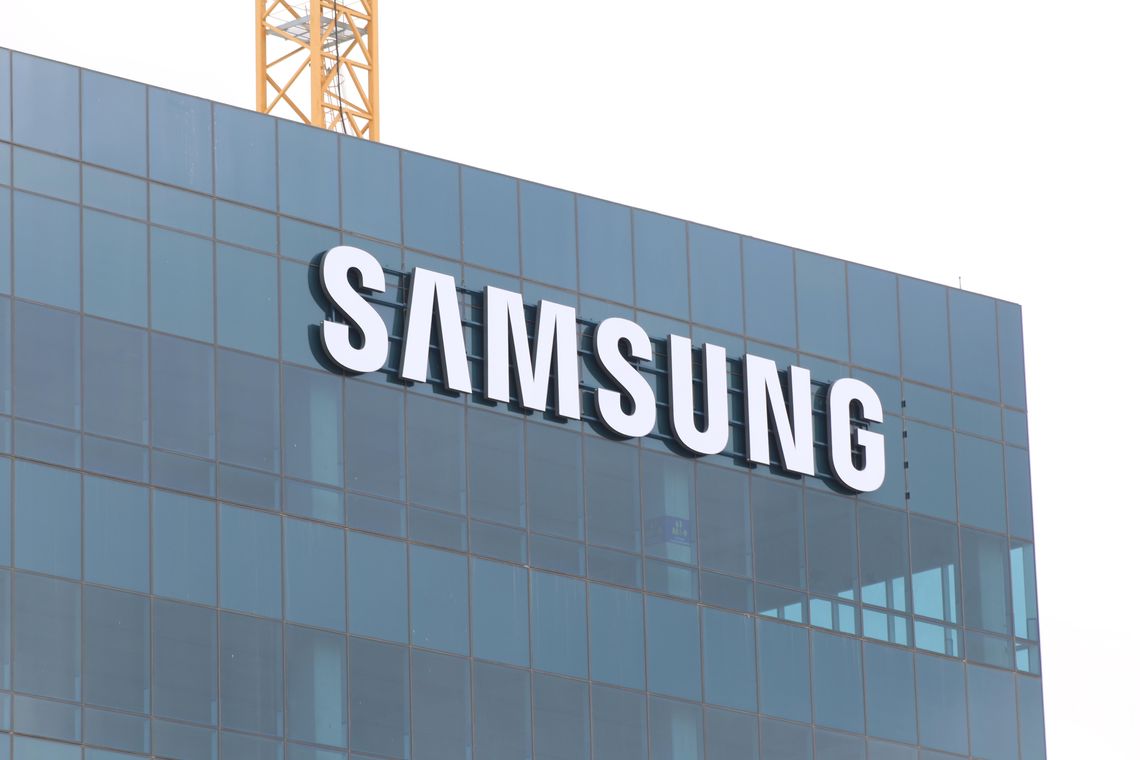The Taylor City Council, after months of secret negotiations with Samsung Austin Semiconductor, approved amended tax-benefit agreements with the South Korean company to take into account a two-year delay in the $18 billion project.
The estimated annual income from the $281 million property on the Taylor’s southwest side is expected to be about $1.9 million a year, said city spokesman Daniel Seguin.
Property-tax abatements and other tax breaks from the city were part of the deal the city cut with the company to bring in an advanced semiconductor manufacturing and research facility first announced in November 2021.
Construction on the massive semiconductor foundry started in 2022, with manufacturing operations slated to start in late 2024. Changes in the market, including demand for even smaller chips, led to delays in meeting certain milestones to get the property-tax breaks, including job creation.
The facility on 1,200 acres near Taylor High School is now expected to be operational by the end of 2026, the company confirmed to the Press in April.
The Samsung property sits inside a Tax Increment Reinvestment Zone that allows a large portion of the property taxes collected on the value of the improved property to flow back to Samsung to reimburse it for the infrastructure on the site.
Property taxes in the TIRZ do not go to the city’s general fund for running the city, paying first responders or filling potholes.
The amendment passed Wednesday night in a special council meeting carves out the taxable asset of Samsung contractor Linde Gas, which is located with Samsung in the reinvestment zone.
That means taxes assessed on Linde’s improvements to the property and equipment on site will now go into the city’s general fund to spend on any needs the city has.
The city also was able to cap the amount of money it spent on contracting out ongoing inspections of completed construction projects and phases on the Samsung site at $9 million dollars, The previous agreement capped out the city’s cost, including hiring inspection staff or hiring skilled contract inspectors, at $25 million.
“This reduction is tied to Samsung having at least $2 billion of equipment installed and commissioned by the end of 2026,” said Taylor Mayor Dwayne Ariola from the dais after the unanimous vote approving the deal. “I really want to commend the (city) staff for working with Samsung because initially we had started this in 2027, but we wanted to reap those benefits in ’26.”
Ariola also said there is an agreement with Samsung, although working out the details has just begun, that would allow the city access to water purchased privately by Samsung from Epcor for use in emergency water shortages and to get some of the treated wastewater for resale by the city.
“The actions taken by the city of Taylor demonstrate mutual commitments to the success of Samsung's project in Taylor, said Samsung Austin Semiconductor spokeswoman Michele Glaze. “We appreciate the partnership and leadership of the city of Taylor in aligning on adjustments to ensure the project proceeds as planned.”
Read the Taylor Press weekend edition for more details on what the agreements mean for residents.








